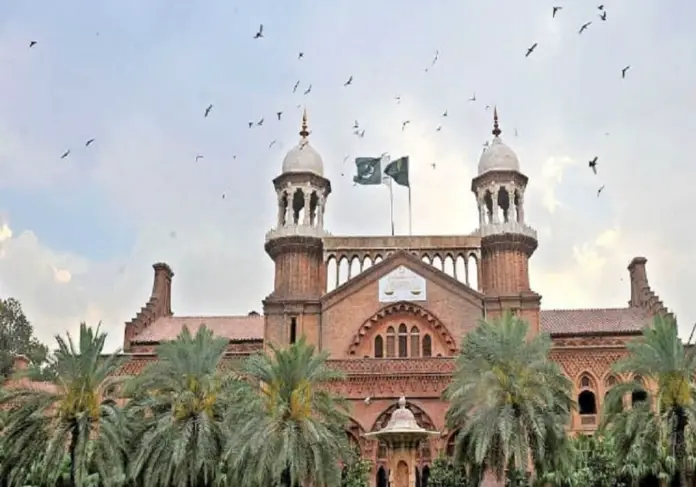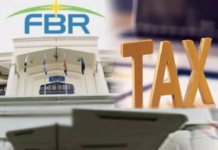In a major relief for the electricity consumers, the Lahore High Court on Wednesday allowed petitioners to pay outstanding electricity bills within the due date excluding the fuel adjustment charges.
Justice Shahid Waheed of the LHC passed the order on a petition filed by Chaudhary Muhammad Sadiq and others challenging fuel adjustment charges in the electricity bills. Justice Waheed also directed the authorities concerned to issue a revised bill within two working days, sought a report and parawise comments in the matter. “Till the next date of hearing, the petitioners shall pay the outstanding amount of the electricity bill for the month of July, 2022 within the due date except the amount of fuel price adjustment mentioned therein,” read the order.
The big relief comes at a time when the citizens are holding protests and blocking roads in different parts of the country against the inflated electricity bills. Justice Waheed directed the Registrar’s office to fix the petition for hearing on September 14. While representing the petitioner, Advocate Khalid Kaleem gave reference of the petitions on the basis of which some petitioners were given relief and argued that his clients were also entitled to the same relief.
Chaudhary Muhammad Sadiq and others through their counsel submitted that they received inflated electricity bills and the government authorities were charging huge amounts under Fuel Price Adjustment (FPR). The counsel for the petitioners argued that the process, assessment, observations, purported calculations and the claim of the FPA in the electricity bills was not based on legally verifiable technical and financial data with respect to power production and cost calculation.
The counsel submitted that the misconceived statutory interpretation of tariff determination framework by the National Electricity and Power Regulatory Authority (NEPRA) while calculating and charging of FPA on the basis of unverified data resulted in defective exercise of the regulator concerned. The counsel argued that the respondent charged the FPA by violating its legal and regulatory mandate besides clear violation of Articles 3, 4, 5, 8, 9, 10-A, 14, 18 and 25 of the Constitution being devoid of the principle of procedural fairness and due process.
He prayed the court to direct the federal government and the relevant authorities to take measures to bring forward an uniformed regulatory framework, appropriate administrative and institutional arrangement in connection with FPA calculations, tariff determination and billing process for the electricity consumers.







